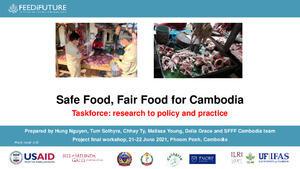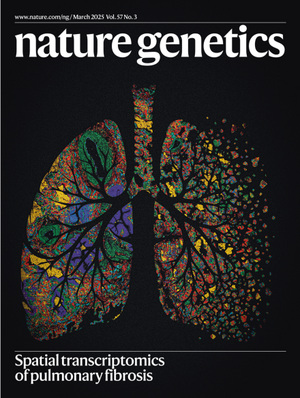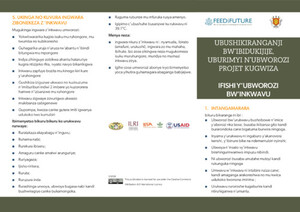
Integration of forage legumes with cereal crops. II. Effect of supplementation with lablab hay and incremental levels of wheat bran on voluntary food intake, digestibility, milk yield and milk composition of crossbred cows fed maize-lablab stover or oats-
Abstract
This study examined the effects of lablab hay and graded levels of wheat bran supplementation on feed intake, feed degradation characteristics, apparent digestibility, milk yield and milk composition of crossbred cows fed forages from cereal crops+legume intercropping (maize/lablab (ML) stover or oats/vetch (OV) hay). Forty eight multiparous crossbred cows arranged in a randomised complete design with eight dietary treatments and six animals per treatment were used in the study. The dietary treatments comprised of either ad libitum ML stover+0.5% BW lablab hay or ad libitum OV hay+0.9% BW lablab hay, each supplemented with 0, 1.25, 2.50, and 3.75 kg DM of wheat bran. The combination of wheat bran and lablab hay as supplements to cows fed ML stover and OV hay basal diets significantly improved DM digestibility (P<0.01), which increased (P<0.001) total DM intake by 21%. DM and OM degradation and the rates of degradation of DM, OM, N and NDF in the rumen were slightly improved by supplementing ML stover or OV hay basal diets with a combination of lablab hay and wheat bran. Supplementation with lablab hay and wheat bran combination increased milk yield by 21% (P<0.05). Milk yield response to supplementation with lablab hay and wheat bran for the cows consuming ML stover diets was a linear increase (P<0.001, R2=0.996) with a mean increment of 1.09 kg milk per kg increase of wheat bran DM intake. Milk yield increased by 0.95, 1.3 and 0.95 kg/day for the first, second and third levels of wheat bran supplementation of cows fed ML stover. For OV hay treatments, the relationship between milk yield and increasing levels of wheat bran supplementation was quadratic (P<0.001; R2=0.990) and the mean response was highest (0.72 kg milk per kg wheat bran intake) at 2.50 kg DM level of wheat bran supplement. Increasing levels of wheat bran supplementation increased milk fat (P<0.01) and total solids (P<0.05) for crossbred cows fed ML stover treatments but the increases were not significant for OV hay-based diets. Milk protein concentration was not affected by wheat bran supplementation for both forages. It was concluded from this study that for optimum milk production, cows fed ML stover basal forage should be supplemented with 2.5 kg DM/head/day of wheat bran in addition to 0.5% BW lablab hay while for cows consuming OV hay forage should be supplemented with a combination of 2.5 kg DM/head/day of wheat bran and 0.9% BW lablab hay. The optimum levels of supplementation in this trial were associated with a mean milk yield of 10.94 kg/cow/day for the cows on ML stover basal diet, and 10.84 kg/cow/day milk yield for those on OV hay basal diet. The improved milk yields obtained in the present trial as compared with the results of our previous trial where lablab hay alone was used as a supplement, were attributed to the additive effects of both lablab hay and wheat bran supplements which resulted in improved intake of DM, CP and metabolisable energy.
Citation
Livestock Production Science;79(2-3): 213-226










